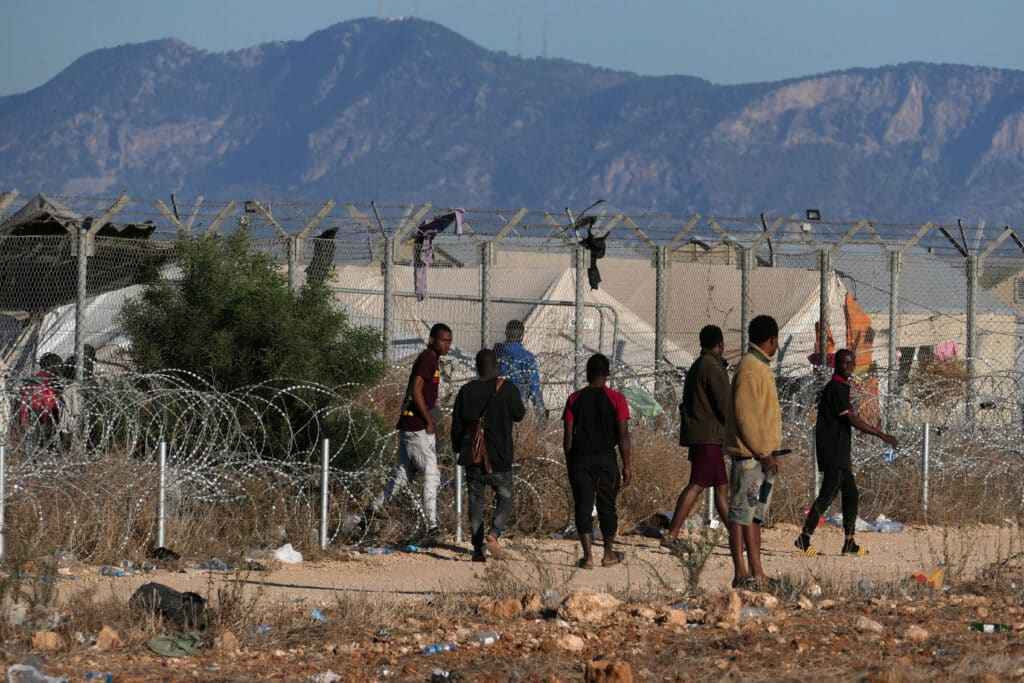Cypriots have an increasingly negative stance surrounding refugees, migrants, and asylum-seekers, which has appeared to have worsened since 2018, according to a study carried out for the UNHCR published on Monday.
“The small size of Cyprus, the possible changes in the island’s demographics and the fear of criminal/violent behaviour continue to constitute the main concerns the public has regarding refugees and asylum-seekers,” according to the findings.
Carried out by the University of Cyprus’ university centre for field studies, the study was carried out between September and December 2022. It aimed to identify perceptions and attitudes towards refugees, asylum-seekers and migrants and compare trends and shifts in public opinion from the last such survey in 2018.
“The most notable change between 2018 and 2022 appears to be a significant negative shift in attitudes towards integration. The majority of respondents recognised that certain obstacles to refugee integration, such as xenophobia and racism, are posed by the local population.”
While this suggests an increasing awareness among the public of negative norms, a significant number of participants perceive refugees and asylum-seekers as themselves lacking the willingness to integrate, the study found.
“It appears that the idea that refugees and asylum-seekers do not want to integrate in Cypriot society is working as an ideological moral disengagement strategy, shifting the responsibility for integration to refugees and asylum-seekers themselves.”
The study also found a prevalent perception that refugees and asylum-seekers prefer to interact only with members of their own ethnic communities.
“It could be argued, based on the findings, that there is an increasing trend favouring isolation rather than integration”.
There has been an observed increase since 2018 in percentages of people favouring camps as a way of accommodating refugees and asylum-seekers. In contrast, “percentages favouring integration in society have decreased since 2018. This is probably attributable to the dominant political and public discourse where the refugee integration component is absent,” the report revealed.
The findings indicated Cypriots are still confused over the difference between the terms refugees, asylum-seekers and migrants. “When comparing the three groups, the most negative representation is that of asylum-seekers while the least negative is that of refugees. This may be attributed to the fact that many Cypriots identify themselves as refugees following internal displacement in 1974.”
Estimations of the numbers of refugees currently thought to reside in Cyprus have also increased since the 2018 study. Refugees from Ukraine, who arrived in Cyprus since February 2022 are not perceived as asylum-seekers nor as refugees.







Click here to change your cookie preferences